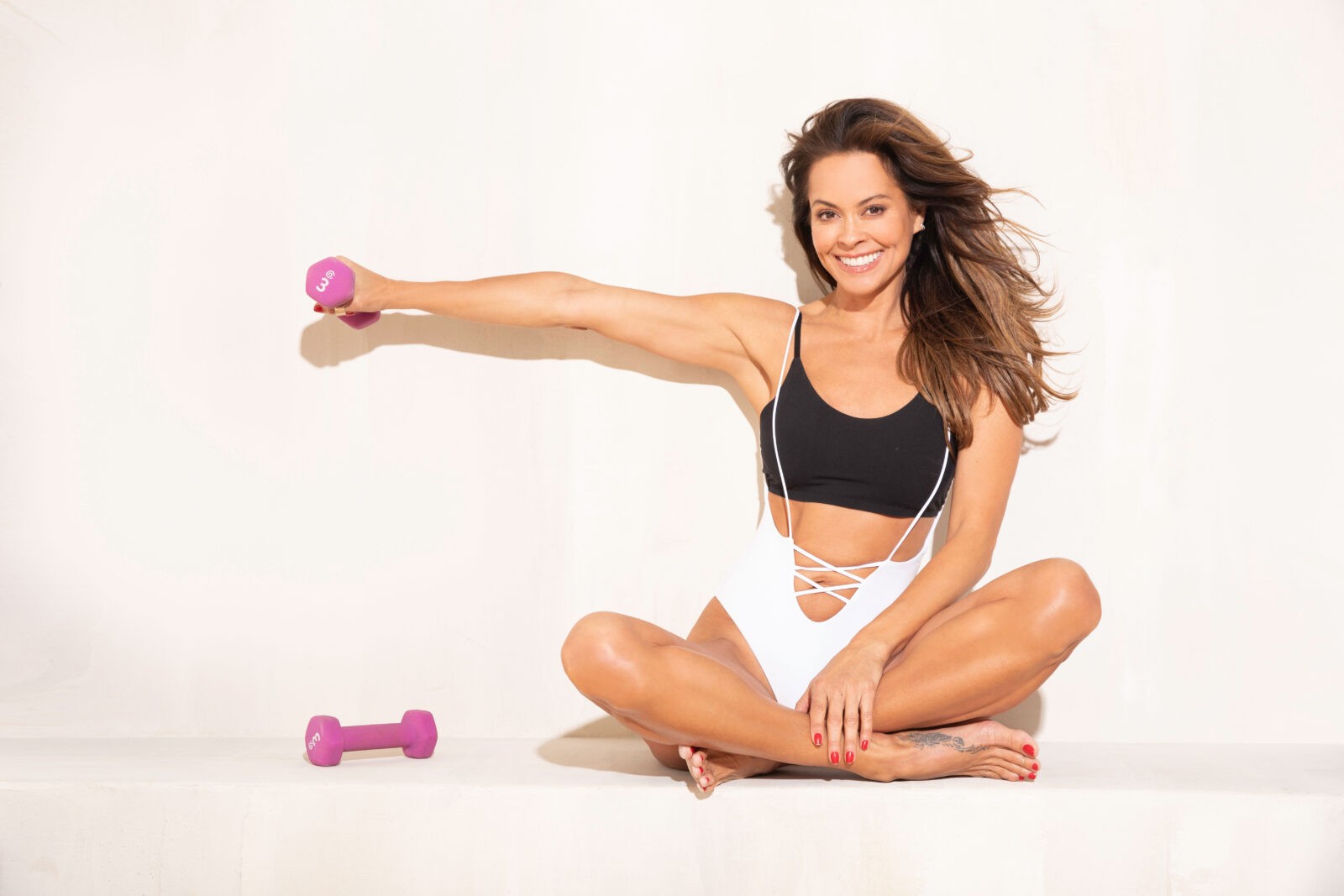
What is “Bulky?”
The term “bulky” tends to have misleading and negative connotations when applied to women. It often conjures up images of massive muscles and a subjectively masculine physique. Of course, there are professional female bodybuilders who achieve outsized results from years of intense weightlifting, calorie-intense diets and supplements, and sheer force of will. However, the intense regimens and massive work that kind of muscle building requires bears virtually no similarity with ordinary weight training for women.
In fact, an average female will typically get smaller from women’s weightlifting simply because muscle burns more calories than fat, speeds up our metabolism to burn more fat, and takes up less physical space in our bodies than the same weight in fat. The result is a lean and fit physique that is more summer-ready than competition-ready. In other words, more health, less Hulk.
Women Don’t Eat Enough to Get Big Muscles
There are many typical physiological differences between men and women, ranging from body size and hormones to muscle/fat ratios. And building bulky muscles requires a great deal of fuel in the form of calories and protein. Given that the recommended daily caloric intake for men is 25% higher than it is for women, it’s inherently harder for women to even consume enough excess calories to support significant muscle growth.
To put it simply, women don’t eat enough to get big muscles, and even if they did, the amount of weightlifting required to convert that food to muscle instead of fat is extraordinary. The more realistic results of weight training for women are toning, tightening, and increased strength and endurance.
Women Don’t Lift Heavy Enough Weights to Get Bulky
Another reason women’s weightlifting rarely results in outsized musculature is pretty simple. Women don’t lift heavy enough weights to get bulky. Bulking up requires heavy and increasing weights, intense rep ranges, lifting on a frequent – if not daily – basis, and sets that reach muscle fatigue. That’s just not how most women weight train.
Whether you are talking about long-term weight training or weightlifting for beginners, female bodies can achieve positive results without adding bulky muscle mass. Fitness trainers suggest lighter weights and more reps for us women warriors, which has a more sculpting effect.
Women Don’t Have Enough Testosterone to Get Bulky
The two major chemical drivers of muscle building are testosterone and human growth hormone. And while males and females have both, women have significantly less testosterone than males. The more testosterone a person has, the more muscle gain they can achieve. The less they have, the less muscle gain they can achieve. Ultimately, the combination of lower testosterone levels and higher estrogen and progesterone levels in women mean that weight training simply doesn’t generate the same degree of muscle growth as it does in men.
While it is true that both men and women experience an increase in testosterone levels after a weight training session, those differences are incremental and insignificant to have any meaningful impact.
The bottom line is that women don’t have enough natural testosterone to get bulky through ordinary weight training alone.
It’s Hard to Build Muscle
Becoming a bodybuilder is not something the same thing as weightlifting or weight training. It’s hard to build muscle and it takes an extraordinary amount of deliberate effort, specific techniques, dietary support, time investment, and long-term commitment. And even when major muscle growth is achieved, it takes hard work to maintain it – even for men.
That’s the reality of science and genetics, so it’s time to put this fitness myth to bed.
Why Women Should Lift Weights
Now that we’ve addressed the most common concern about weightlifting for females, and beginners especially, let’s explore the many reasons why women should lift weights.
1. Weightlifting for women improves muscle strength, bone density, joint stability, and connective tissues, which supports better mobility, increases flexibility, improves posture, reduces risks of injuries, and helps prevent osteoporosis. This becomes increasingly important for women as they age.
2. It positively impacts cardiovascular health, cholesterol levels, blood pressure, and blood sugar reducing the risk of heart disease, diabetes, and other chronic diseases.
3. Weight training aids in weight loss by reducing fat, increasing lean muscle mass, and boosting metabolism. Not only does that have the effect of improving overall body composition, but it means you will burn more calories even at rest.
4. There are also amazing mental health benefits for women associated with weightlifting, although they apply to both females and males. Endorphins released as a result of working out enhance mood, reduce stress, prevent pain, combat depression. Plus, there’s the incredible confidence boost that comes from knowing your own power.
5. Weight training can improve athletic performance across the board, including agility, endurance, power, responsiveness, and speed. So, whether you are into golf, running, swimming, tennis, or even just beach volleyball, weightlifting can really help you take your game to the next level. And the great thing is weightlifting is able to deliver all these benefits even if you are just a beginner.
So get started!
















